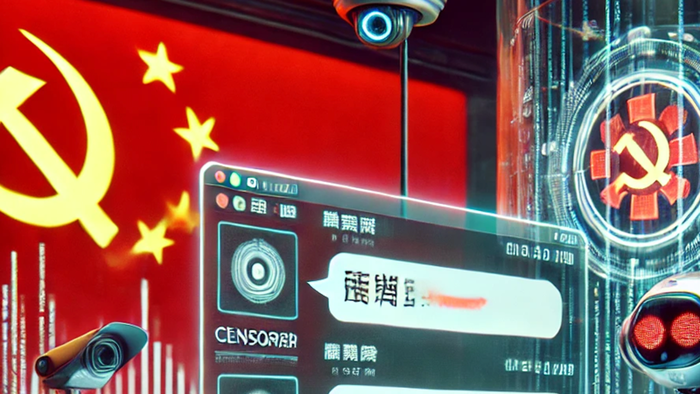China’s Communist Party is rolling out strict guidelines for large language models used by major tech companies to prevent content that criticizes the political system or challenges state power. These measures are in line with China’s longstanding “Great Firewall” policy, which aims to control information flow and censor undesirable content.
According to a recent report by the Financial Times, the Cyberspace Administration of China is reviewing language models from tech giants like ByteDance, Alibaba, and others to ensure they align with socialist values. The review process includes testing the models’ responses to questions about Chinese politics and President Xi Jinping.
Experts in the AI field are overseeing this process, with some companies needing multiple rounds of review before passing. Censorship efforts involve filtering out sensitive keywords and information from training data to comply with socialist values. Users of AI chatbots in China may notice censorship in action, with certain topics like the Tiananmen Square massacre being blocked.
The Chinese government views unfiltered AI bots as a threat to its governance and is expanding its “great firewall” to control AI development. In contrast, the US may see a shift in AI policy if President Trump wins re-election, with plans to prioritize American interests in AI development.
Overall, the use of AI for censorship is a growing concern, with different approaches in China and the US. While China focuses on embedding socialist values into AI models, the US may adopt a more open approach to foster innovation.

